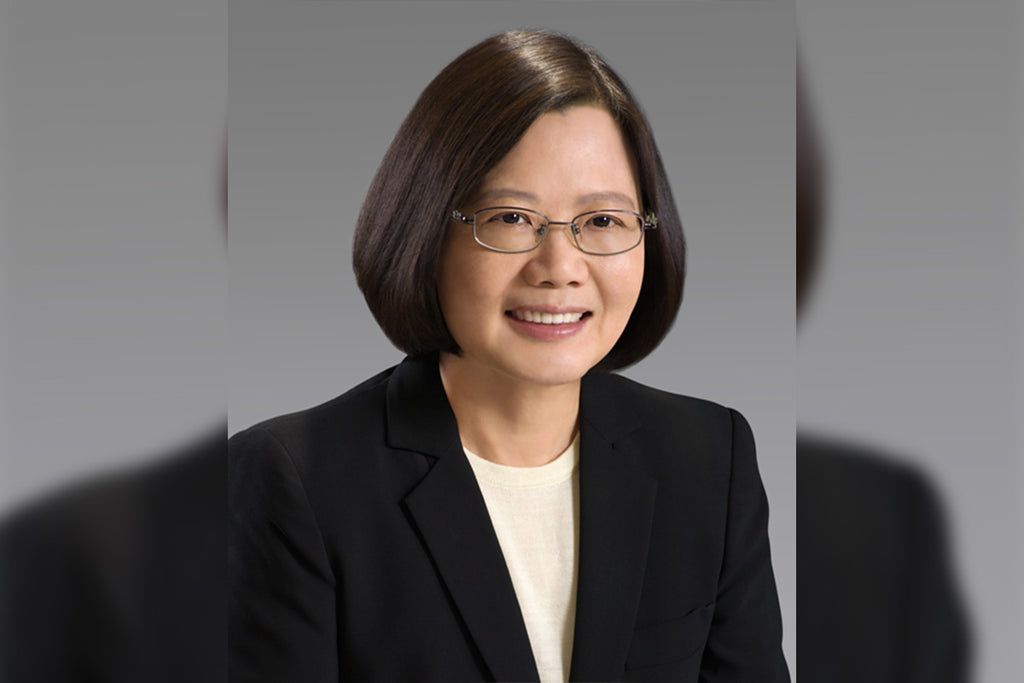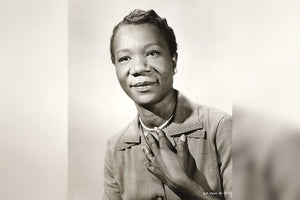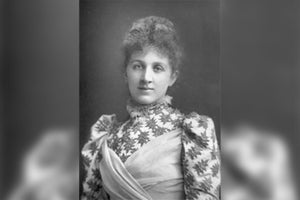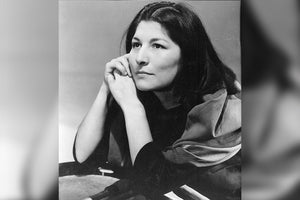Who Is Tsai Ing-Wen?
Tsai Ing-wen was born on August 31, 1956. She’s widely recognized as the 1st female president, 7th overall, of ROC or the Republic of China, or popularly known as Taiwan. She’s a member of the Democratic Progressive Party, or DPP, and served as Chair in 3 terms.
With Taiwan’s growing economy and yearning for equal treatment from mainland China, she continues to balance all aspects under her jurisdiction. With her expertise and openness to solving modern issues, her governance serves as an inspiration to her people.
5 Facts About Tsai Ing-Wen:
- Tsai Ing-Wen is Taiwan’s first unmarried president.
- She is the first president to have a Hakka and aboriginal Paiwan descent at the same time.
- In 2016, she made a courtesy phone call to Donald Trump, who was the newly-elected US president at that time. That marked as a first for a president of ROC to ever speak with the US president since 1979.
- In 2020, she was named by Time Magazine as one of the 2020’s “100 Most Influential People”.
- She is a pet lover. Her 2 cats Think Think and Ah Tsai, were featured mainly in her election campaign. She also adopted 3 guide dogs in 2016, namely Bella, Bunny, and Maru.
Tsai Ing-Wen Biography
Early Life
Tsai came from a simple family. Her paternal grandfather, of Hakka descent, came from a well-known household in Fangshan, Pingtung. Her grandmother, an aboriginal Paiwan descent, hailed from Shizi, Pingtung. Her father was a car repair businessman who had 4 mistresses.
The last of his mistress was Tsai’s mother. Born in Taipei, Taiwan, she was the youngest among the 11 siblings (both full and half). As she continued her normal life, she did well in academics and even proceeded to take more challenges by taking up law school at National Taiwan University in 1978.
She then proceeded to take up Master of Laws at Cornell University Law School and graduated in 1980. In 1984, she got her Ph.D. in Law at the London School of Economics, University of London. Upon her return to her homeland, she became a law instructor at 2 universities.
Rise to Politics
Tsai’s career started as an appointee to the Fair Trade Commission and the Copyright Commission. She then served as a consultant for the National Security Council and the Mainland Affairs Council. One of her early achievements was when she led the drafting team when it came to Statute Governing Relations Macau and with Hong Kong.
It was in 2004 that she joined DPP under Legislative Yuan. In 2006, she was appointed as the vice president, or ‘Vice Premier’, of Executive Yuan. She then assumed the leadership in DPP after being elected in 2008.
In 2010, Tsai sought the mayoral position in New Taipei City but was defeated by Eric Chu of the Kuomintang Party or KMT. However, she bounced back by becoming a presidential candidate for the 2012 elections. Her first term, spanning 2008 to 2012, focused on deepening the localization movement in Taiwan while upholding social justice.
However, she lost the presidential election to Ma Ying-Jeou of KMT. After she lost, she resigned from her post in DPP leadership. Nonetheless, this did not last very long as she assumed leadership of DPP for the second term in 2014 and lasted until 2018.
She led DPP to become a majority party by winning most of Taiwan’s municipalities at that time. This served as a boost on her presidential bid for the 2016 presidential elections. Fortunately, she won by a landslide against Eric Chu.
Presidency
As a president, Tsai has done a lot of reforms and policies that have greatly benefited Taiwan. In terms of military power, her administration has raised the budget significantly. This is due to the goal of being self-sufficient in national defense and also the development of military sub-industries such as missiles and submarines.
Perhaps her biggest undertaking was her ‘cross-strait policy’ that aimed to reject Beijing’s ‘one country, two systems’ model and opted for more co-existential peace instead. Due to Tsai’s disagreement with the contents of the ‘1992 Consensus’, Beijing suspended the cross-strait communications in 2016. To this date, Taiwan is still battling against mainland China for equal status.
Tsai also made progress in the energy sector through the ‘Forward-Looking Infrastructure’ initiative. This includes adopting green energy systems and departure from nuclear energy. Taipower, the state-owned company that monopolized the energy sector, was broken down into subsidiaries.
The Citizen Judges Act, a lay judge system inspired by Japan's jury system, was passed and will take effect in 2023. Tsai’s administration had done more on the people’s concerns such as labor reforms, pension reforms, and even the issue about the national languages.
In 2020, Tsai managed to become the president again for the second term. This also made her consequentially the DPP leader for the 3rd time. As of now, she’s still unmarried and has no offspring yet.
Achievements
Here is a list of her international honors and recognitions.
-
Belize- Order of Belize
-
Paraguay- National Order of Merit
-
Eswatin- RCMP Long Service Medal Collar of the Order of the Elephant
-
El Salvador- National Order of José Matias Delgado
-
Guatemala- Order of the Quetzal - Grand Cross; Peace Ambassador
-
Honduras- Order of Francisco Morazan
-
Haiti- Grand Cross of the National Order of Honour and Merit
-
Saint Kitts and Nevis- Order of St Christopher and Nevis
![]() Fast Shipping
Fast Shipping![]() Subscribe to our Newsletter
Subscribe to our Newsletter![]() 🌟 New Global Competition 🌟
🌟 New Global Competition 🌟















